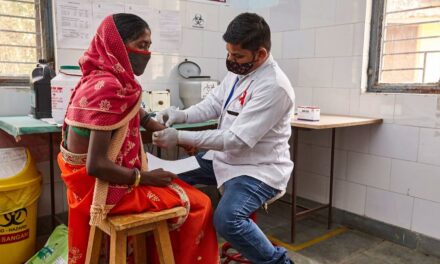A groundbreaking study presented at the American College of Cardiology Scientific Sessions and published in The Lancet has revealed that withdrawing aspirin one month after percutaneous coronary intervention (PCI) in high-risk heart patients may significantly improve outcomes and reduce major bleeding compared to the current standard of care.
The ULTIMATE-DAPT study, led by Gregg W. Stone, MD, analyzed 3,400 patients with acute coronary artery syndromes (ACS) who had recently undergone PCI. The patients were initially treated with ticagrelor and aspirin, but after one month, half of them were switched to ticagrelor with a placebo, while the other half continued with ticagrelor and aspirin.
Results showed that withdrawing aspirin after one month led to a more than 50% reduction in major and minor bleeding incidents over one year, without an increase in adverse ischemic events. This suggests that continuing aspirin beyond one month post-PCI may not provide significant benefits and could potentially cause harm.
Dr. Stone, the study co-chair, emphasized that it might be time to reconsider treatment guidelines for ACS patients, suggesting that a single potent platelet inhibitor like ticagrelor may be sufficient for improving prognosis in high-risk individuals.
The study’s findings challenge previous beliefs that discontinuing dual antiplatelet therapy within one year post-PCI could increase the risk of adverse ischemic complications. However, with contemporary drug-eluting stents now used in all PCI procedures, withdrawing aspirin appears to be safe and beneficial.
The trial, conducted at 58 centers in four countries, was funded by several organizations including the Chinese Society of Cardiology and the National Natural Scientific Foundation of China. The rigorous methodology, including the use of placebos, strengthens the validity of the results and provides valuable insights for future clinical practice.
Overall, the ULTIMATE-DAPT study suggests that withdrawing aspirin in high-risk heart patients after one month post-PCI could lead to improved outcomes and reduced bleeding incidents, potentially reshaping treatment strategies and guidelines worldwide.











